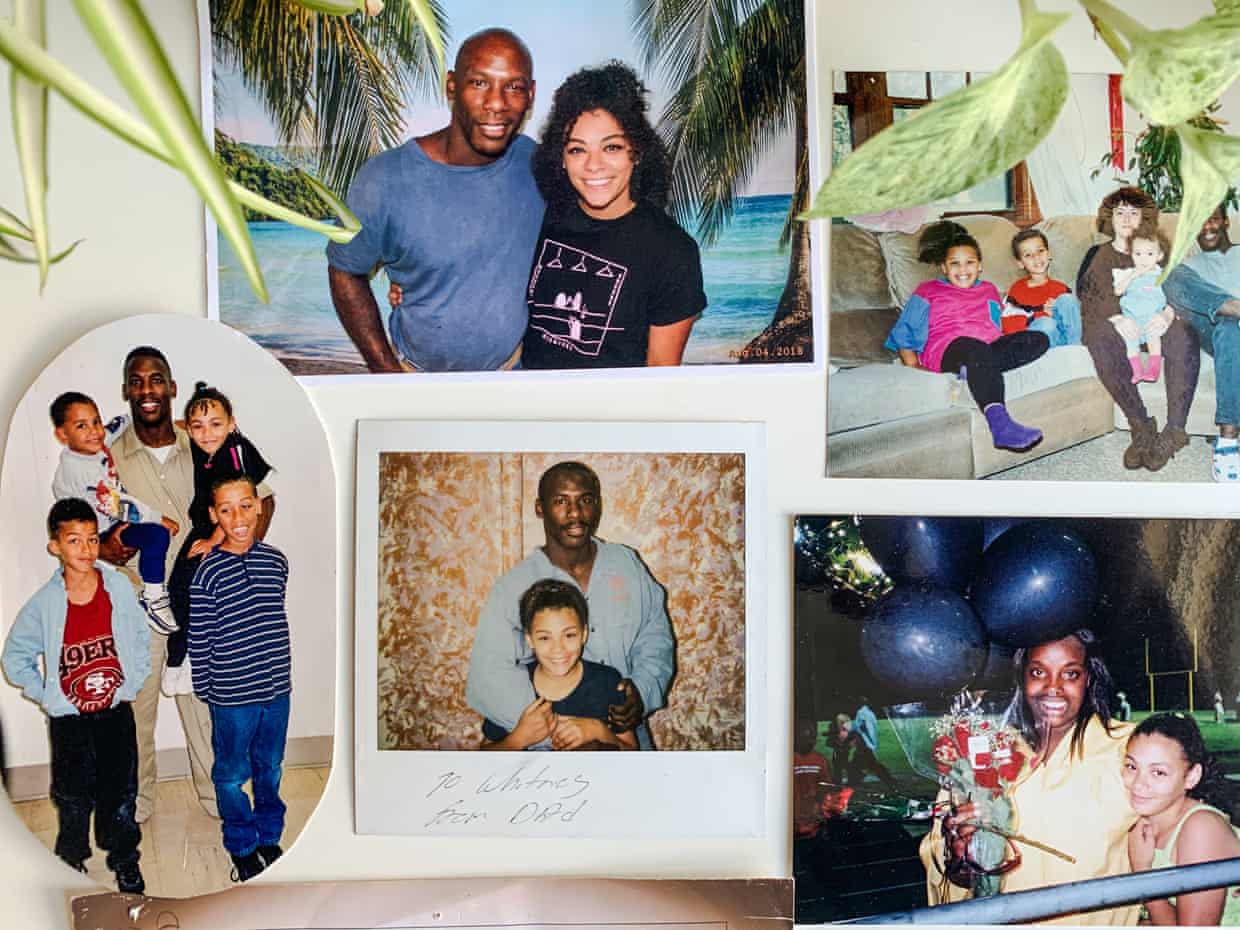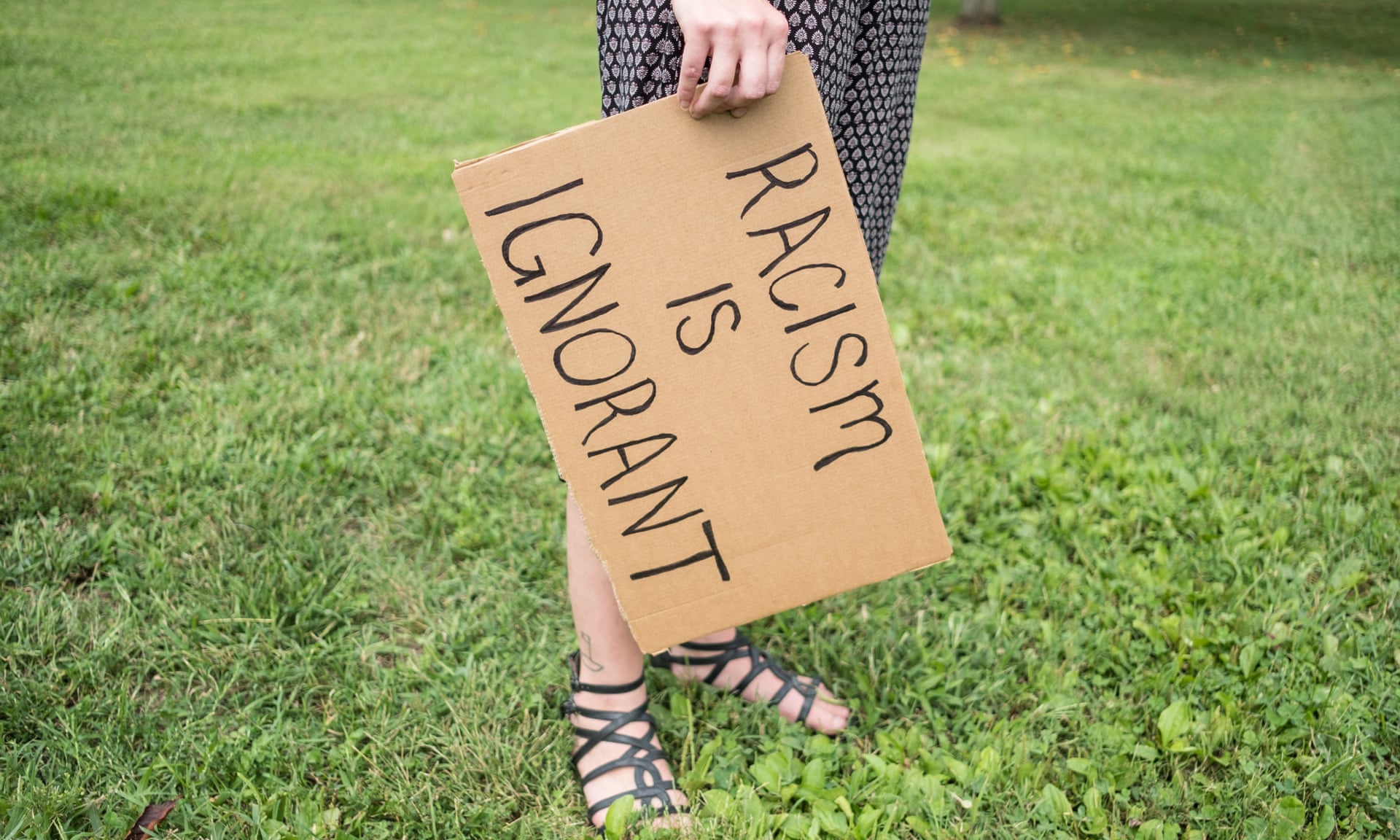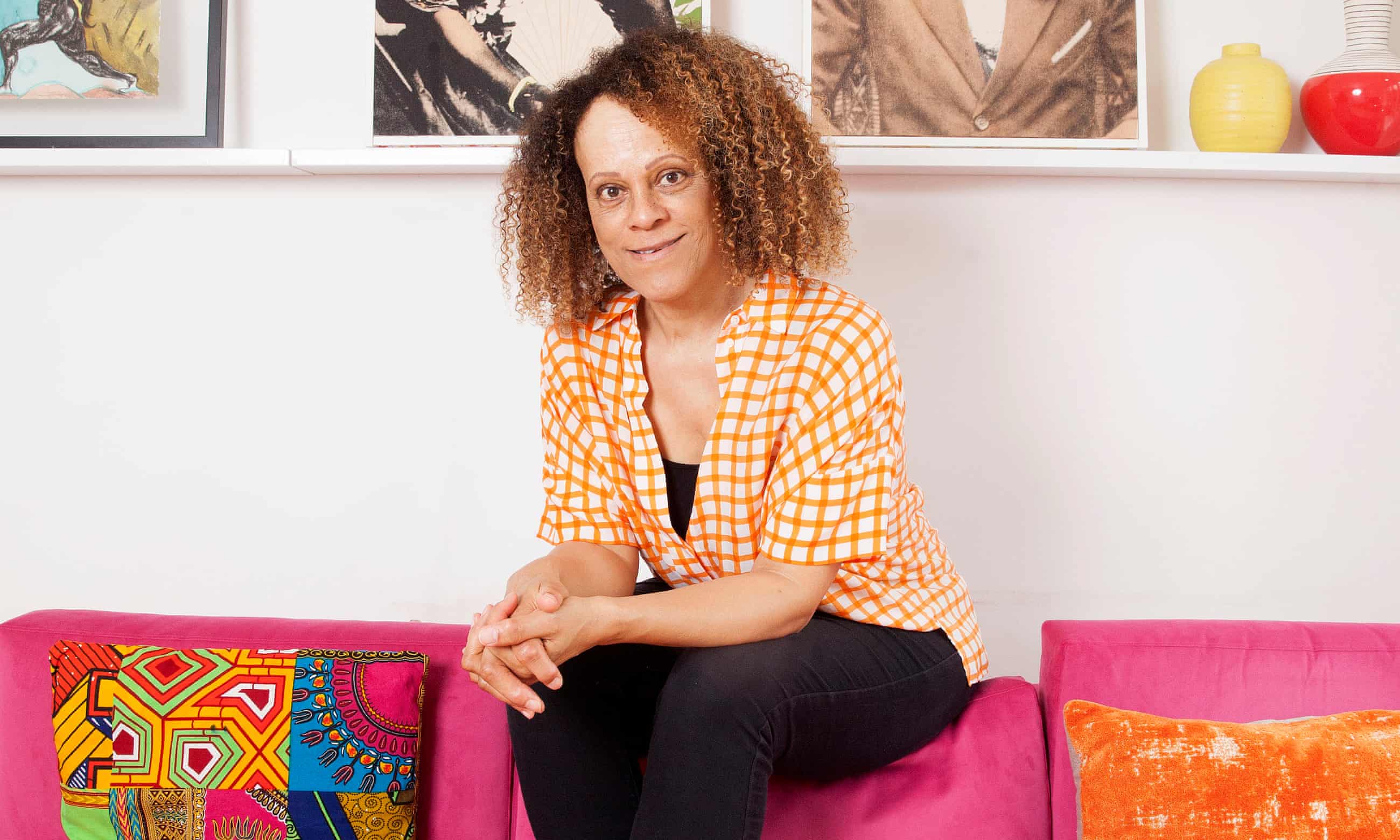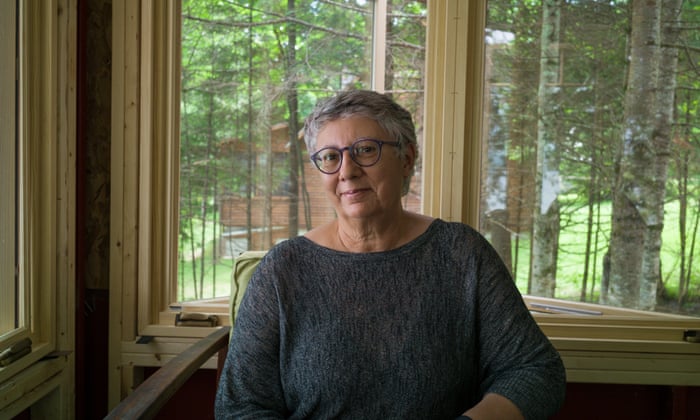Brazilian butt lift: behind the world’s most dangerous cosmetic surgeryPosted in Articles, Health/Medicine/Genetics, Media Archive, Women on 2021-02-10 02:23Z by Steven |
Brazilian butt lift: behind the world’s most dangerous cosmetic surgery
The Guardian
2021-02-09
The BBL is the fastest growing cosmetic surgery in the world, despite the mounting number of deaths resulting from the procedure. What is driving its astonishing rise?
The quest was simple: Melissa wanted the perfect bottom. In her mind, it resembled a plump, ripe peach, like the emoji. She was already halfway there. In 2018, she’d had a Brazilian butt lift, known as a BBL, a surgical procedure in which fat is removed from various parts of the body and then injected back into the buttocks. Melissa’s bottom was already rounder and fuller than before, and she was delighted by the effect, with how it made her feel and how it made her look. But it could be better. It could always be better.
On a recent afternoon, Melissa visited the British aesthetic surgeon Dr Lucy Glancey for a consultation. Glancey had performed Melissa’s first BBL at her clinic on the Essex-Suffolk borders, a suite of rooms boasting shining white cupboards, a full-length mirror and drawers stuffed with syringes. As she waited for Melissa to arrive, Glancey showed me a picture of Melissa on the beach in Dubai, wearing a palm-print bikini and posing in a kind of provocative crouch – arms, breasts, thighs and buttocks all arranged for optimum effect. “Look how good she looks,” said Glancey, admiring Melissa and her own work. “I said to her, I don’t see what else we can do.”
When Melissa walked into the room, she didn’t exactly resemble her digital self, but then, who does? She’d swapped Dubai-luxe for Suffolk-casual – blue jeans and a pink sweater. After a quick chat, Glancey – dark blue scrubs, coral toenails – asked Melissa to take off her clothes. Together, doctor and patient stood in front of the mirror and stared.
…Like anyone inspecting their own body, Melissa could see things no one else could see. She wasn’t seeing just its current form in the mirror, but multiple versions: her former body, her desired body, her digital body. In her teens, nearly a decade ago, when Cara Delevingne’s thigh gap had its own Twitter account, Melissa had wanted to be thin and flat like everyone else. Then fashions changed. Explaining why she got her first BBL, Melissa, who is white, said she had wanted to fill out a pair of jeans and appeal to the kind of men she liked. “I felt attracted to black men and mixed-race men, and they liked curvier women,” she told me…
…Not everyone can achieve the Kardashian body. As with much of the Kardashian West oeuvre, her bottom has its own attendant controversies, not least because it appears to want to be an idealised version of a black woman’s bottom. Kardashian West, who has Armenian heritage and has always denied having had bottom surgery, has long been accused of “blackfishing” – mimicking and appropriating black culture to enhance her brand. “It’s completely constructed, a kind of fiction,” said Alisha Gaines, professor of English at Florida State University, and the author of Black for a Day: White Fantasies of Race and Empathy. “She’s made an empire on appropriating blackness and selling it to all types of people, including black folks.”…
Read the entire article here.








